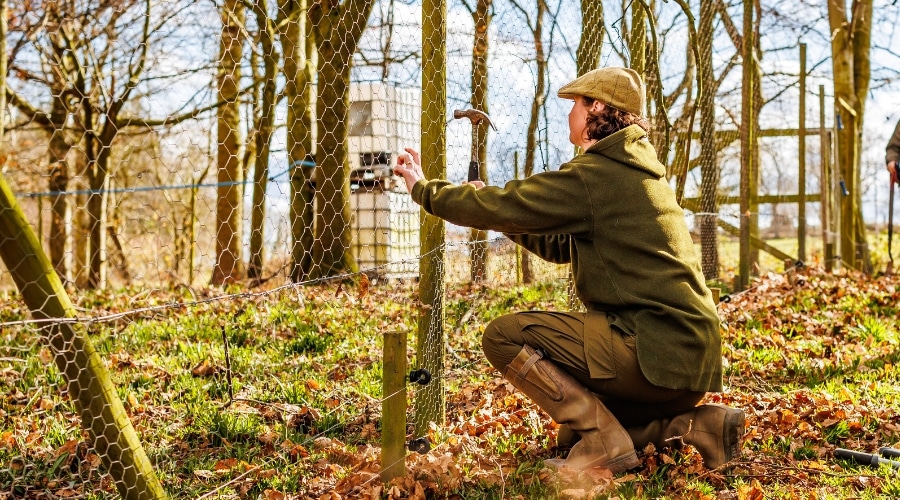
BASC vice-president stands up for gamebird release in Parliament
Speaking at debate in the House of Commons, Sir Geoffrey Clifton-Brown has heavily criticised Defra over it’s handling of gamebird release licences in protected areas.
Get information on the legal shooting season for mammals and birds in the UK.
Apply for funding for your project or make a donation today
Comprehensive information and advice from our specialist firearms team.
Everything you need to know about shotgun, rifle and airgun ammunition.
Find our up-to-date information, advice and links to government resources.
Everything you need to know on firearms law and licensing.
All the latest news and advice on general licences and how they affect you.
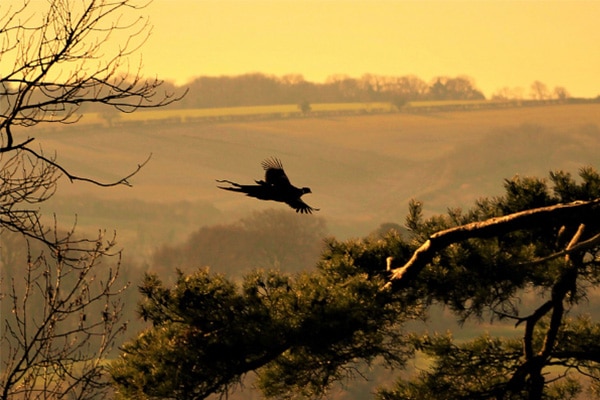

The Animal Welfare (Sentience) Bill appeared in the House of Commons this week, but what relevance does this have to sustainable shooting? We dissect the proceedings…
Following six months of debate in the House of Lords, MPs in the Commons got their first chance to question the Animal Welfare (Sentience) Bill this week. Like the House of Lords, MPs were scathing of the lack of clarity in the Bill and its potential consequences, particularly for farming, fishing and shooting.
The Animal Welfare (Sentience) Bill sets out three key measures:
Across the House there was agreement that animals are sentient and are deserving of legal recognition. Many speakers expressed fears on the structure of the Committee and how best to select representatives.
There was further concern about the Committee’s ability to hold government departments to account, with the former shadow Defra minister, Luke Pollard MP, describing Defra – who will sponsor the Committee – knocking on the door of the Ministry of Defence akin “to a sardine taking on an Astute-class submarine”.
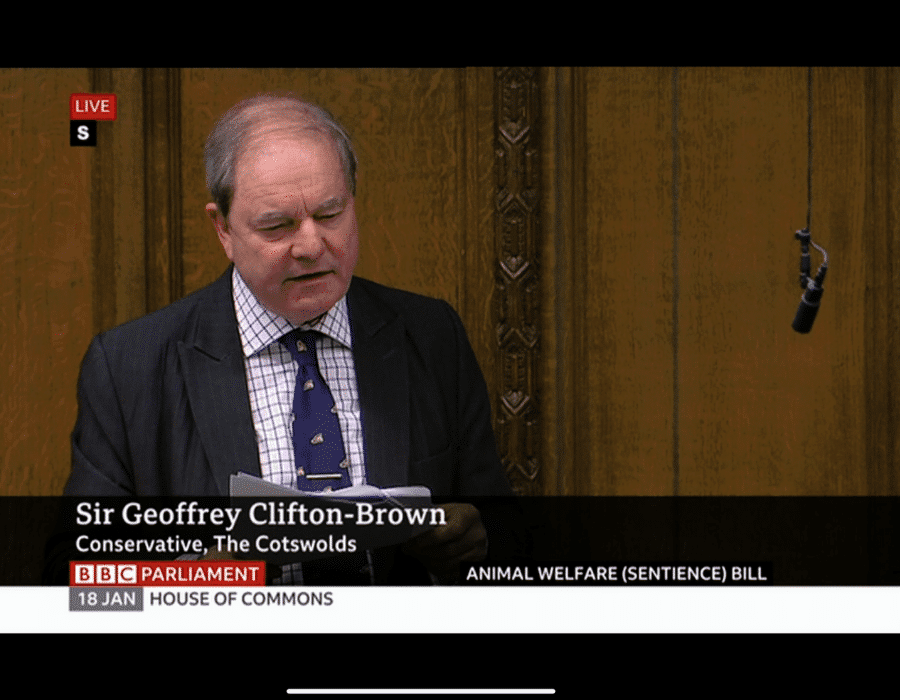
The greatest concern for the Bill came from those MPs representing rural constituencies. They raised the issue, similar to that highlighted in the Lords debates, that animal rights groups could coerce the Committee into reviewing policies on farming, animal husbandry, fishing and, of course, shooting. Activist groups could then clog up the legal system with unlimited applications for judicial review.
BASC Vice President, Sir Geoffrey Clifton-Brown MP, said, “The Bill could deliver another weapon into the hands of litigious animal rights groups that could damage both Government and those who live and work with animals”.
He also questioned the need for another committee when there is already an Animal Welfare Committee with a wide remit covering all animals working perfectly well.
Richard Drax MP said, “This is a bad Bill, an unnecessary Bill and a Trojan Horse for those who have no understanding of, and sadly in some cases despise, the countryside and all that goes on in it”.
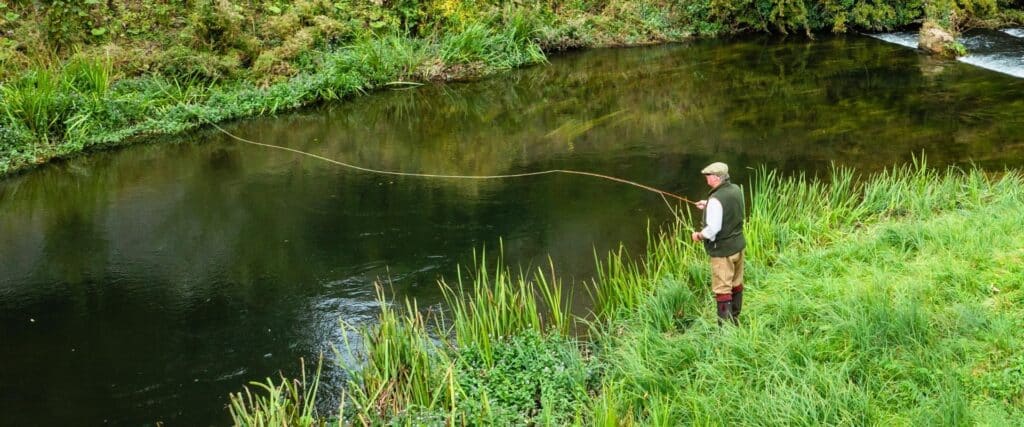
Sir Geoffrey asked the government to support his amendment that replicates Article 13 of the Lisbon Treaty that gives full regards to the welfare requirements of animals, while respecting “religious rites, cultural traditions and regional heritage”. This would meet the concerns expressed at the exclusion of animal sentience from the EU Withdrawal Bill.
The amendment places a duty on the Committee to consider the public interest and is currently open for MPs to sign. It is worth noting that Labour and Liberal Democrat MPs supported this when debating the Withdrawal Bill in 2017.
BASC supports Sir Geoffrey’s amendment and is working hard to ensure the Bill does not become a means to attack fieldsports and farming, but acts in our best interest to ensure a high level of animal welfare.
The Bill next moves to the Committee Stage where it will be considered in detail.
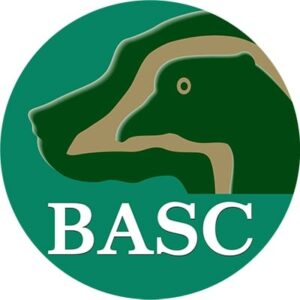

Speaking at debate in the House of Commons, Sir Geoffrey Clifton-Brown has heavily criticised Defra over it’s handling of gamebird release licences in protected areas.
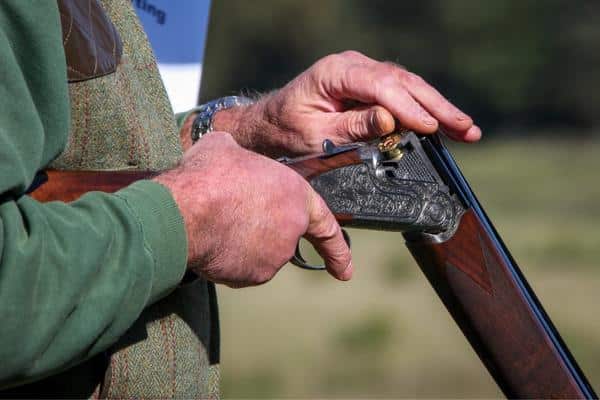
BASC Scotland strongly opposes recommendations for changes to firearms licensing in Scotland.

Sir Geoffrey Clifton-Brown MP has called for urgent reform after firearms licensing failures were exposed in a House of Commons debate.
Sign up to our weekly newsletter and get all the latest updates straight to your inbox.
© 2025 British Association for Shooting and Conservation. Registered Office: Marford Mill, Rossett, Wrexham, LL12 0HL – Registered Society No: 28488R. BASC is a trading name of the British Association for Shooting and Conservation Limited which is authorised and regulated by the Financial Conduct Authority (FCA) under firm reference number 311937.
BASC Direct Ltd is an Introducer Appointed Representative of Agria Pet Insurance Ltd who administer the insurance and is authorised and regulated by the Financial Conduct Authority, Financial Services Register Number 496160. Agria Pet Insurance is registered and incorporated in England and Wales with registered number 04258783. Registered office: First Floor, Blue Leanie, Walton Street, Aylesbury, Buckinghamshire, HP21 7QW. Agria insurance policies are underwritten by Agria Försäkring.
If you have any questions or complaints about your BASC membership insurance cover, please email us. More information about resolving complaints can be found on the FCA website or on the EU ODR platform.